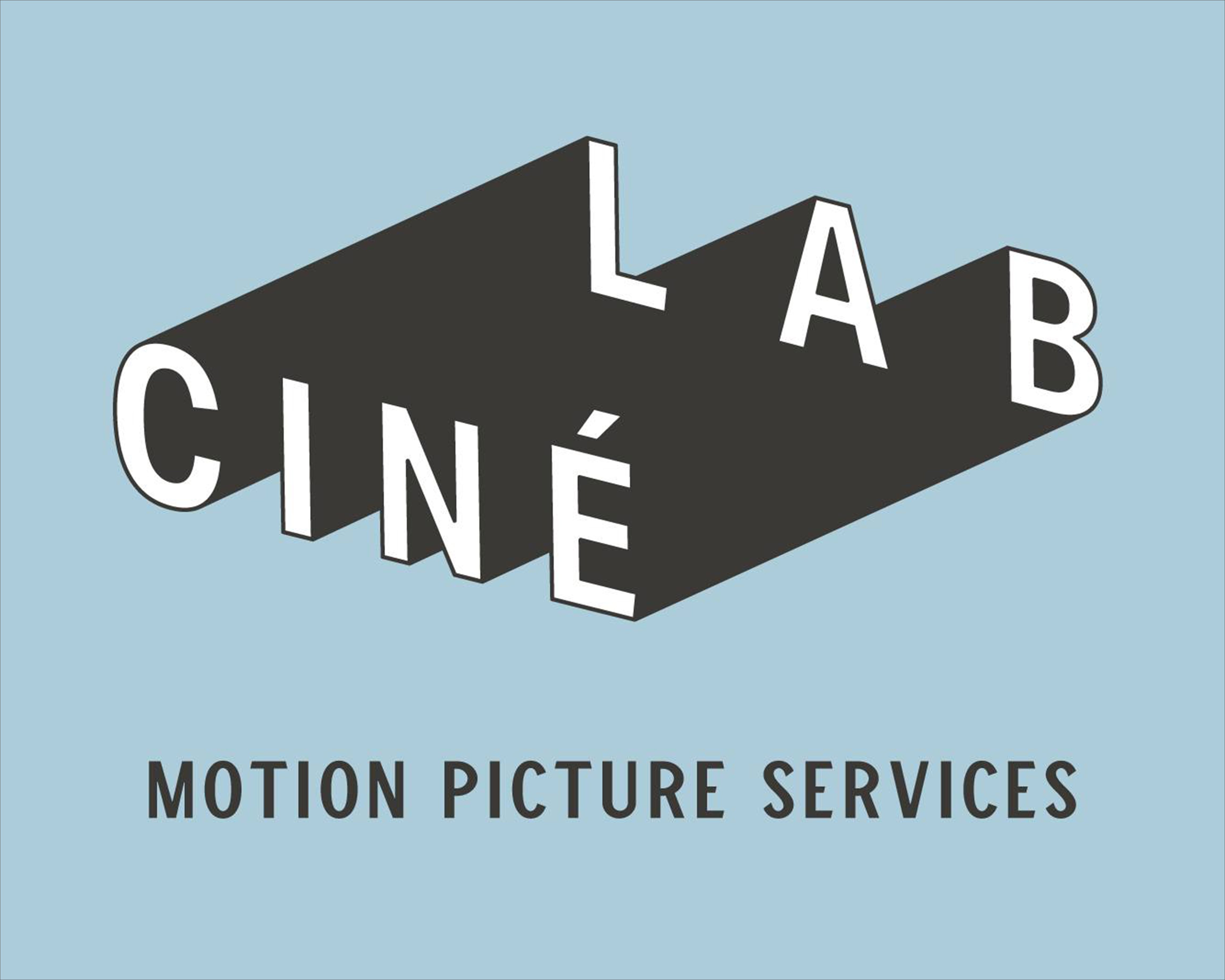David Mullen ASC
Active member
Not to put a damper on the digital cheerleading that tends to go on here, but I want to put things in perspective. Evolution, whether in art, technology, or nature, is not synonymous with Continual Improvement. It merely describes change over time. We may see the gradual changeover from capturing images on to film to using digital cameras, but ultimately, it is not particularly earthshattering. It will not guarantee that movies will be better in time, not even technically better (not when you compare the visual quality of a modern movie to, let's say, "Lawrence of Arabia" or "2001".) It may not even guarantee that most movies will be cheaper or faster to make (because the costs of the originating medium are a small portion of overall feature film budgets except at the lowest level.)
I enjoy shooting digitally, but I have to smile as I sit on various panel discussions and I hear the inevitable comment from someone that "with digital, you can get the acting better" or "with digital, you can get shots exactly right", etc. You'd think if all of this were true, then the average digital movie would be superior in acting and directing to your average film-shot movie. But I see no signs of that, not even in the digital productions I have photographed. Some things get easier, some things don't change, some things get harder to do. Sometimes things go faster, but faster does not guarantee better.
Again, look at some of the greatest films of ALL TIME -- made with incredibly slow-speed film, gigantic cameras, etc. And of course this affected some of the types of movies made, at least stylistically (sets had to be larger than they realistically would be, night photography was limited, etc.) Yet with all of these handicaps, such amazing, powerful images were created.
How? Because these early pioneers were true artists. They had to create using the limited technology of the day, but art often thrives on restrictions -- hence why the "limitless" future promised by digital technology doesn't necessarily mean we will have better art. Maybe faster, easier to make art. Maybe through sheer volume, more of it might be exceptional (or it may be buried by all of that excessive production...)
Don't get too sidetracked by the hype and glamour of digital. Your success as artists (I'm not talking about professional success, just artistic success) depends on you developing those TIMELESS skills that all artists need. The ability to dream, to have new ideas, to imagine new worlds, the ability to SEE. Very little of that has to do with technology. Occasionally it may be a good idea to put down the lastest digital technology magazine and go to your local art museum or check out a classic movie and remind yourself about what's really important. Then you'll see that better tools will help you realize those ideas, but the tools are worthless if you have no ideas to implement.
To roughly paraphrase Roger Deakins (sorry Roger for misquoting you): "It's just a box with a lens. We need better scripts much more than better film stocks or digital cameras."
I enjoy shooting digitally, but I have to smile as I sit on various panel discussions and I hear the inevitable comment from someone that "with digital, you can get the acting better" or "with digital, you can get shots exactly right", etc. You'd think if all of this were true, then the average digital movie would be superior in acting and directing to your average film-shot movie. But I see no signs of that, not even in the digital productions I have photographed. Some things get easier, some things don't change, some things get harder to do. Sometimes things go faster, but faster does not guarantee better.
Again, look at some of the greatest films of ALL TIME -- made with incredibly slow-speed film, gigantic cameras, etc. And of course this affected some of the types of movies made, at least stylistically (sets had to be larger than they realistically would be, night photography was limited, etc.) Yet with all of these handicaps, such amazing, powerful images were created.
How? Because these early pioneers were true artists. They had to create using the limited technology of the day, but art often thrives on restrictions -- hence why the "limitless" future promised by digital technology doesn't necessarily mean we will have better art. Maybe faster, easier to make art. Maybe through sheer volume, more of it might be exceptional (or it may be buried by all of that excessive production...)
Don't get too sidetracked by the hype and glamour of digital. Your success as artists (I'm not talking about professional success, just artistic success) depends on you developing those TIMELESS skills that all artists need. The ability to dream, to have new ideas, to imagine new worlds, the ability to SEE. Very little of that has to do with technology. Occasionally it may be a good idea to put down the lastest digital technology magazine and go to your local art museum or check out a classic movie and remind yourself about what's really important. Then you'll see that better tools will help you realize those ideas, but the tools are worthless if you have no ideas to implement.
To roughly paraphrase Roger Deakins (sorry Roger for misquoting you): "It's just a box with a lens. We need better scripts much more than better film stocks or digital cameras."





